Meet our speakers

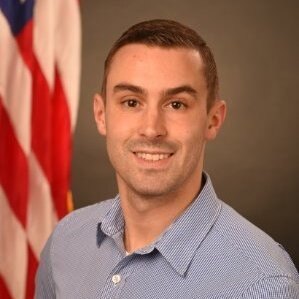
Alex is a Public Health Analyst with the Office of Technology (OTECH) at The Assistant Secretary for Technology Policy/Office of the National Coordinator for Health Information Technology (ASTP/ONC). At ASTP, Alex has provided grant program management, contract oversight, health IT standards and policy guidance, and technical assistance to staff, industry stakeholders, and federal partners. Prior to joining ASTP, Alex developed research projects, delivered educational programming, and supported multi-stakeholder workgroups at the non-profit eHealth Initiative. Alex graduated from Bowdoin College in 2010 with BAs in Sociology and Government & Legal Studies.
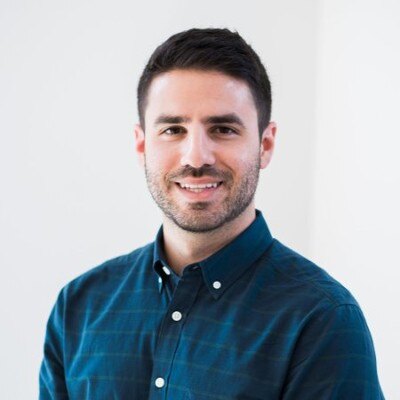
Alex develops strategic healthcare partnerships at CLEAR, empowering patients and providers with seamless identity verification across the healthcare journey. He works closely with health systems, health plans, and digital health companies to improve interoperability and consumer experience. Before CLEAR, Alex spent over 10 years in healthcare technology leading client services teams at Flatiron Health and Tomorrow Health. He began his career at Epic deploying EHR solutions for health systems.
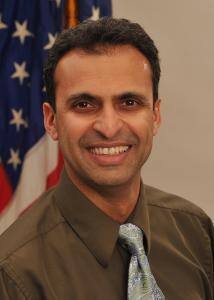
Avinash Shanbhag is the Associate Deputy Assistant Secretary for Technology Policy and Executive Director of the Office of Technology. In this role, he advises the National Coordinator and the Deputy National Coordinator on health information technology matters, provides executive direction and control over ASTP/ONC’s technology portfolio, and fosters health information innovation.
Mr. Shanbhag oversees coordination with federal agencies and industry stakeholders for advancing health information technology interoperability for improved health care delivery. He leads ASTP/ONC’s standards coordination activities with all the health IT standards development organizations, including administration of the ONC Health IT Certification Program, the Certified Health IT Product Lists, and the certification testing tools.
Throughout his over 10-year career with ASTP/ONC, Mr. Shanbhag has held a variety of leadership positions, including serving as the Deputy Director of the Office of Technology, Director of the Testing Division, and the Director of the Nationwide Health Information Network. During his tenure at ASTP/ONC, he led the creation of the ONC testing and utilities platform to support health IT developers, developed a long term vision for the Nationwide Health Information Network, and successfully transitioned the operations of the network into the “eHealth Exchange.”
He has over 25 years of experience in developing enterprise software systems and managing large scale distributed software systems for healthcare industry. Prior to joining ASTP/ONC, Mr. Shanbhag served as the Director of Core Infrastructure at the Center for Biomedical Informatics and Information Technology under the National Cancer Institute (NCI). He was responsible for developing and operating the distributed network and semantic services used by all the NCI funded institutions to share research data in a privacy protective manner.
Mr. Shanbhag holds a Master of Chemical Engineering from University of Alberta, and a Master of Operations Research from University of Maryland. He also maintains a Service Oriented Architecture certificate and a certificate in Machine Learning from MIT Sloan School of Management.

My career includes over 29 years in the design, architecture, and implementation of Healthcare IT solutions; with intense emphasis, in recent years, on information security & privacy for various Healthcare solutions used in the marketplace Engineer at heart - and passionate about information security & privacy Additionally, I have been serving as co-lead on the FHIR at Scale Taskforce (FAST) Security Team - originally an initiative led by the Office of the National Coordinator for Health IT (ONC) and now an HL7 Accelerator.

Dan has been a cybersecurity practitioner for the past 15 years, and an ISC2 Certified Information Systems Security Professional (CISSP) for the past 11 years. He has served as a security practitioner to a wide variety of organizations within and outside of the healthcare space. He has passion for and background in secure software development. He enjoys reading, spending time with his wife/daughter, and tinkering with electronics.

Daniel J. Vreeman serves as the Chief Standards Development Officer for HL7. Dr. Vreeman is a physical therapist, biomedical informatician, and expert in health data standards. His work aims to create a global health ecosystem where data is available with open standards that unlock the potential for information systems and applications to improve health decision-making and care. Dr. Vreeman has developed internationally adopted health data standards, implemented them in multi-institutional health IT systems, evaluated their use, and provided strategic advice to interoperability initiatives of numerous U.S. federal agencies and national eHealth efforts in other countries.
Dr. Vreeman previously served as Senior Clinical Data Standards Lead at RTI International where he led the development and evaluation of interoperability projects. From 2006 to 2019, Dr. Vreeman was the Director of LOINC and Health Data Standards with the Regenstrief Institute, Inc. and the inaugural Regenstrief–McDonald Scholar in Data Standards at the Indiana University School of Medicine. In those roles, he led the development of LOINC, an open vocabulary standard for health measurements, observations and documents that is now used in more than 185 countries.
Dr. Vreeman has served as principal investigator on 30 externally funded projects totaling approximately $23 million. He has led productive collaborations with international organizations, federal agencies, academic institutions, professional associations, and industry leaders. Dr. Vreeman is a skilled communicator who has written 40 scientific papers, a book, 2 book chapters, numerous technical documents, and has delivered over 275 presentations worldwide on health data standards, interoperability, and health informatics topics.

David has been involved in leading the planning, management, and control of enterprise-wide, mission critical information technology and business processes for 40+ years. His unique experience in risk management and control objectives of technology (including audit, security, and privacy) allows him a distinctive perspective in the design and implementation of business and clinical applications and the processes that the technology must support. David is focused on using technology as an enabler of operating efficiency and deriving business value through the optimization and control of technology. He is known for creatively engaging all types of audiences, conveying messages that even change-resistant users listen to and remember. In 2023, David was awarded the Baldrige Foundation Award for Leadership Excellence in Cybersecurity.
Finn holds a BA degree from the University of North Dakota and a MA from Angelo State University. During 2014, he worked closely with CHIME management to create and initiate the three Associations for Executives in Healthcare Information for Security, Technology and Applications. In March 2016, Finn was named to the Health Care Industry Cybersecurity Task Force. This HHS task force was a requirement of Cybersecurity Information Sharing Act of 2015 (CISA). In 2017, Finn joined the 405(d) Working Group under the auspices of the Office of the CIO at HHS.
Most recently David served as VP at CHIME, responsible for providing programs, services and educational opportunities focused on the professional growth and development of leaders within the healthcare security, technology, and data/application focus areas, including their respective corporate foundations. Previously he served as EVP at CynergisTek, a top-ranked security provider in healthcare; HIT Officer, Symantec; Vice President and CIO/Privacy and Information Security Officer, Texas Children’s Hospital, and Integrated Delivery System; Executive Vice President, Healthlink (formerly IMG). His Board experience, in addition to both CHIME and HIMSS, also includes ISACA Professional Influence and Advocacy Committee member; Healthcare for the Homeless – – Houston; and the Patient Care Intervention Center.

Mr. Pyke serves as the Technical Author for the Trusted Exchange Framework and Common Agreement (TEFCA) technical documents, playing a pivotal role in shaping the Qualified Health Information Network (QHIN) Technical Framework. Additionally, he is the technical author of various TEFCA Standard Operating Procedures (SOPs), showcasing his expertise in developing and articulating essential guidelines for the initiative. Mr. Pyke brings a wealth of international experience to the realm of Healthcare IT, having contributed his skills to projects across Europe, Africa, the Middle East, the U.S.A., and other countries. His multifaceted role involves providing project management, technical expertise, and strategic advice and design for both organizations and governments. His extensive experience as a subject matter expert in Health Information Exchanges (HIEs) and healthcare IT standards and security speaks volumes about his proficiency in the field.
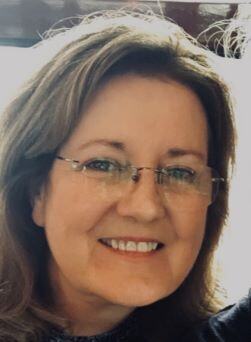
Debi Willis is a software engineer, the CEO of PatientLink, a cancer survivor, a caregiver, and a long-time pioneer with a mission to elevate the position and importance of patients as equal partners in healthcare and research with valuable insight and information to share. She started her journey to empower patients by developing and patenting the first application to allow patients to send their data directly into their provider’s EHR. Her next innovation was the MyLinks application which allows patients to import their data from their healthcare providers via FHIR. Her most recent application, MyResearchLink, provides an easy path for patients to share their FHIR data, patient reported outcomes, adverse events, and a variety of risk assessments and questionnaires with researchers.
The thread that joins her mission and all her products is the belief that correct and complete data is vital to understanding and positively impacting illnesses…and that the patient is the key in aggregating, validating, and sharing that information.
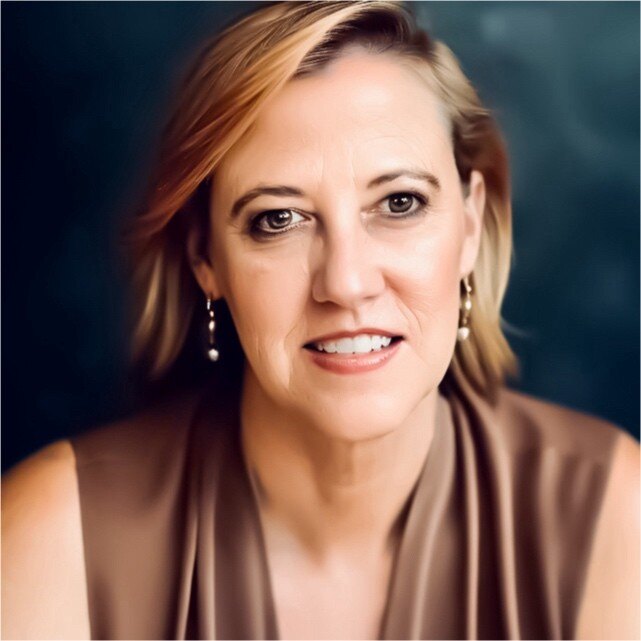

Experienced Board Member/Chief Information Security Officer/Chief Technology Officer and entrepreneur who has overseen the growth and security of the largest Health Data Sharing Network (HIE) in the United States, the eHealth Exchange. Architected, built, operates and secures the State of Texas official Health Information Exchange. Strong focus on innovation, clinical data interoperability, and all layers of cybersecurity from strategic down to hands-on. Current Board of Directors Member IHE USA. Former Board Member IHE International. Active software engineer and biomedical device inventor. Certified HITRUST Practitioner, CISSP, CISO/CTO, cybersecurity professional.
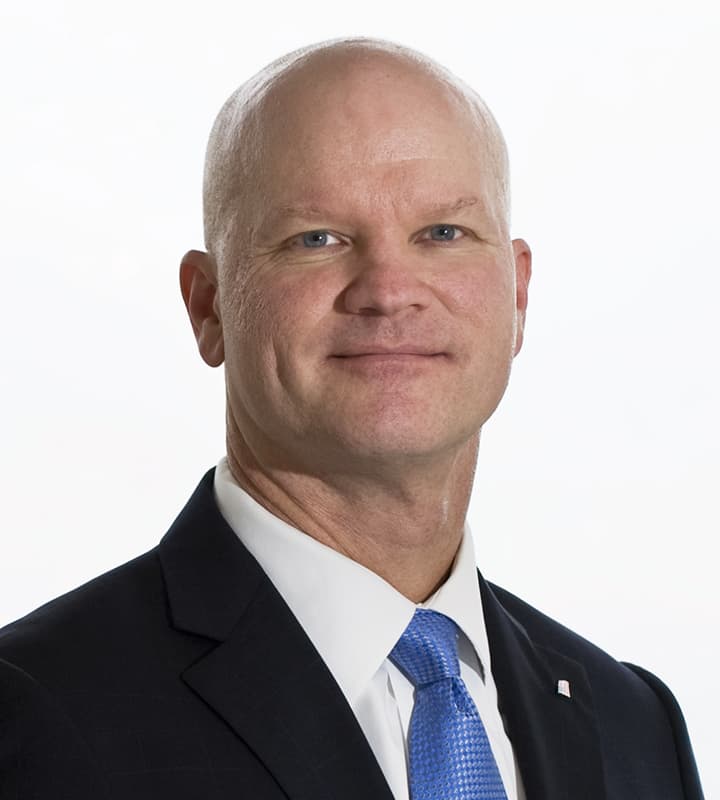
Greg was appointed by President George W. Bush as the nation’s first Assistant Secretary for Cyber Security and Communications at the U.S. Department of Homeland Security from 2006-2009, where he led the National Cyber Security Division, the National Communications System and the Office of Emergency Communications. After DHS, Garcia led Bank of America’s external partnership strategy for cyber security and identity management, then served as executive director of the Financial Services Sector Coordinating Council (FSSCC). Earlier in his career, Greg served as professional staff for the U.S. House of Representatives Committee on Science, and as a public policy executive for the Information Technology Association of America, American Electronics Association, and 3Com Corporation.
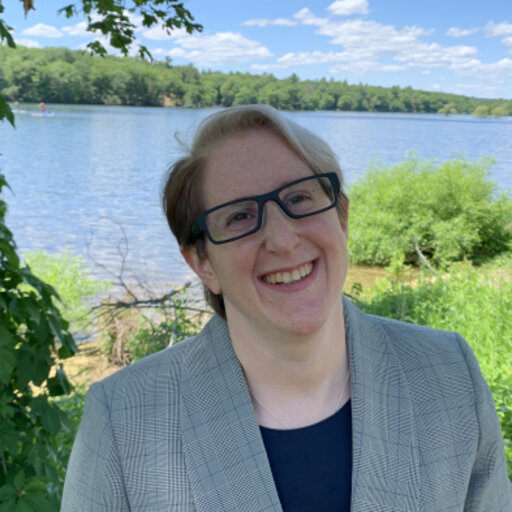
Dr. Hannah Galvin is a clinical informatics thought leader and nationally-recognized expert in the segmentation of data and consent management to promote patient-driven privacy and sharing preferences and advance equitable interoperability. Dr. Galvin has guided major professional societies and health IT vendors regarding complex issues of patient agency and privacy to support the evolving technology-enabled continuum of care. She advised the Office of the National Coordinator for Health Information Technology (ONC) Advisory Committee Health IT for the Care Continuum Task Force in relation to the recent 21st Century Cures Act on Interoperability, Information Blocking and the ONC Health IT Certification Program and previously served as a member of the ONC Patient Choice for Research Consent Technical Working Group. She co-founded and serves as Board co-Chair for Shift, the independent health care task force for equitable interoperability, governed by the American Medical Association (AMA), American Academy of Pediatrics (AAP), Electronic Health Records Association (EHRA), Integrating the Healthcare Enterprise USA (IHE USA), Drummond Group, AARP and ONC (ex-officio).
Dr. Galvin currently serves as Chief Medical Information Officer for Cambridge Health Alliance, an innovative academic public health system dedicated to providing care for all in need throughout the Boston metro north region and is an Assistant Professor of Medicine at Tufts University School of Medicine. An experienced primary care pediatrician and hospitalist with specialization in child abuse medicine, her clinical work focuses on vulnerable populations including at-risk adolescents. Dr. Galvin is dual-board certified in Clinical Informatics and Pediatrics; she trained at Boston Children’s Hospital and graduated from Harvard Medical School and Wellesley College.
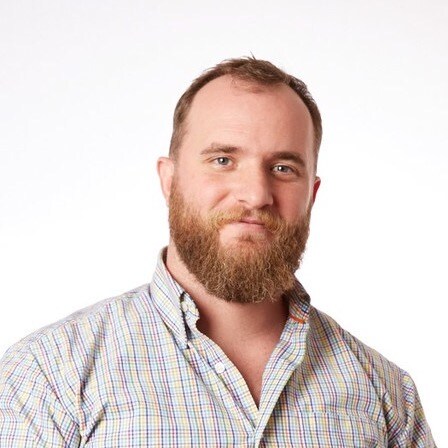
James Cummings grew up in Cleveland, OH then attended and played football at
Fordham University. He lives in Fairfield, CT with his wife Tara, 15 year old daughter,
Ashlynn, 5 year old son, Thomas, and 3 year old son, William.
James’ career background is in UX and digital design, but after his son William was
born he refocused his energy to healthcare modernization. William was born with
VACTRL association (1 in 10,000 to 40,000 live births). Willam also has unassociated
neurological tumors.
Prior to Williams birth, his older brother Thomas was born with Diamond Blackfan
Anemia (5-7 cases per million live births); treatments include steroids, blood
transfusions and bone marrow transplant. Thomas also has autism. Their older sister
Ashlynn was born healthy and thriving; her only chronic health condition is congenital
Anosmia (1 in 10,000 people globally).
As a result of Thomas and Williams separate serious/ongoing rare conditions, James
has spent years inside hospitals and witnessed the same catastrophic problem with the lack-of-longitudinal-data: access, standardized aggregation and the incapability to leverage deep machine learning (ML) models.
Since 2021, James has immersed himself in the healthcare ecosystem and has quickly
become a subject matter expert of data interoperability, policy, and health IT for public and private sectors. He has involvement with the ONC, HL7®FHIR and CARIN Alliance.
James recognizes the future of health data starts with patient/caregiver (consumer).
Despite lack of education or experience, consumers have wholly-aligned Intentions
and abundant Time to contribute to positive outcomes. Humanity is heading toward
a future where clinical data and electronic health records (EHR) (in addition to the
outpacing non-clinical data of genomic, contributed, wearable, tracking, monitoring
and social behavior) will travel in the custody of the consumer.
In effort to help this behavior trajectory and inevitable future happen sooner, James’
immediate vocation is to design a process for consumers to aggregate their personal
longitudinal health records (LHR), resolve standardization inefficiencies and expose
data-blocking actors to influence policy. Subsequently, James will implement the
replicable data commons process into the rare and undiagnosed communities to
exponentially advance the disease understanding and treatment — showcasing the maximum benefit opportunity for ML tools as a diagnostic, treatment and research
companion.
Rare/undiagnosed consumers are already far along the participatory and data aggregation curve, they will demonstrate the proof of future health care and research behavior.

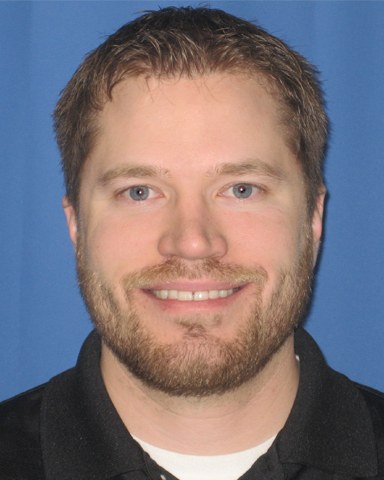
Jason Vogt, Manager, Development at MEDITECH, product owner of the FHIR API and Structured Documents Interoperability Development Team, championing the vision for APIs and interoperability.

I am a Standards Architect specializing in Standards Architecture in Interoperability, Security, Privacy, and Blockchain for By Light Professional IT Services LLC. Primarily involved in the international standards development and the promulgation of those standards. Co-chair of the HL7 Security workgroup, a member of the FHIR Management Group, FHIR core team, and co-chair of IHE IT Infrastructure Technical and Planning Committee. I participate in ASTM, DICOM, HL7, IHE, ISO/TC-215, Kantara, W3C, IETF, OASIS-Open, and other. I was a core member of the Direct Project specification writing, authoring the security section, and supporting risk assessment. Active in many regional initiatives such as the IHE-USA, USCDI, SMART, HEART, CommonWell, Carequality, Sequoia (NwHIN-Exchange), and WISHIN. Active in the Healthcare standardization since 1999, during which time authored various standards, profiles, and white papers.
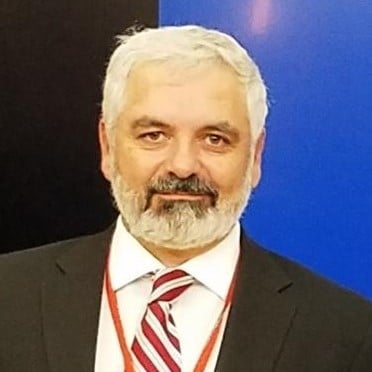
Johnathan Coleman currently serves as the Chief Information Security Officer (CISO) for the TEFCA Recognized Coordinating Entity (RCE) at the Sequoia Project and as Principal Consultant for Security Risk Solutions Inc. He has over 20 years’ experience as a Federal Contractor, providing Cybersecurity policy and implementation support to the Defense Health Agency (DHA) the Office of the National Coordinator for Health IT (ONC). Johnathan graduated from the Royal Military Academy, Sandhurst as an signals communications officer and earned a BEng in Aeromechanical Systems Engineering from the Royal Military College of Science in the UK. He maintains professional security certifications including CISSP, CISM and CRISC, and co-chairs the Community Based Care and Privacy workgroup at Health Level 7 (HL7) International.
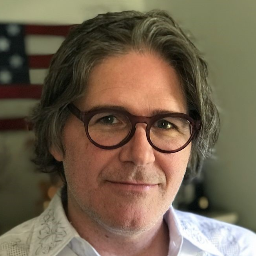
Joe Lamy is a specifications and testing consultant at AEGIS.net. Joe is creating the testing suite for the HL7® Security for Scalable Registration, Authentication, and Authorization Implementation Guide, aka HL7® UDAP Security. He has authored numerous production specifications and guides for eHealth Exchange, Carequality and CommonWell, including their latest FHIR/UDAP guidance, and as the "Spec Sherpa" loves to demystify complex specifications for implementers. Joe is an active member of HL7® Security and other HL7® working groups, as well as the IHE ITI Technical Committee. When not working in health IT, Joe is an active songwriter and performing musician.
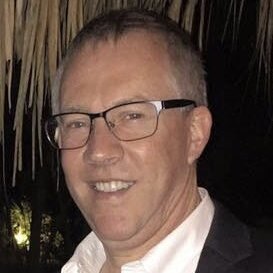
Joe Shook is an Enterprise Architect at Surescripts LLC where he was introduced to the Direct Project in 2011, an open-source project enabling a secure, scalable and standards-based solution to health addressing and transport for participants. He became the owner of the C# Reference implementation in 2012. He is now spending time learning the FHIR standard and building a UDAP .NET Reference Implementation open-source contribution.
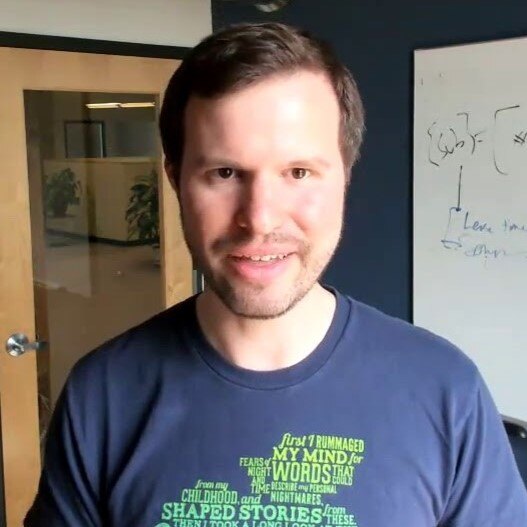
Josh Mandel is chief architect with Microsoft. As a physician and software engineer, he is passionate about improving healthcare with technology. Josh got involved in the FHIR project in 2013 when the Harvard SMART Health IT project aligned itself with FHIR and created SMART on FHIR. He is the spokesman around the globe for SMART on FHIR.
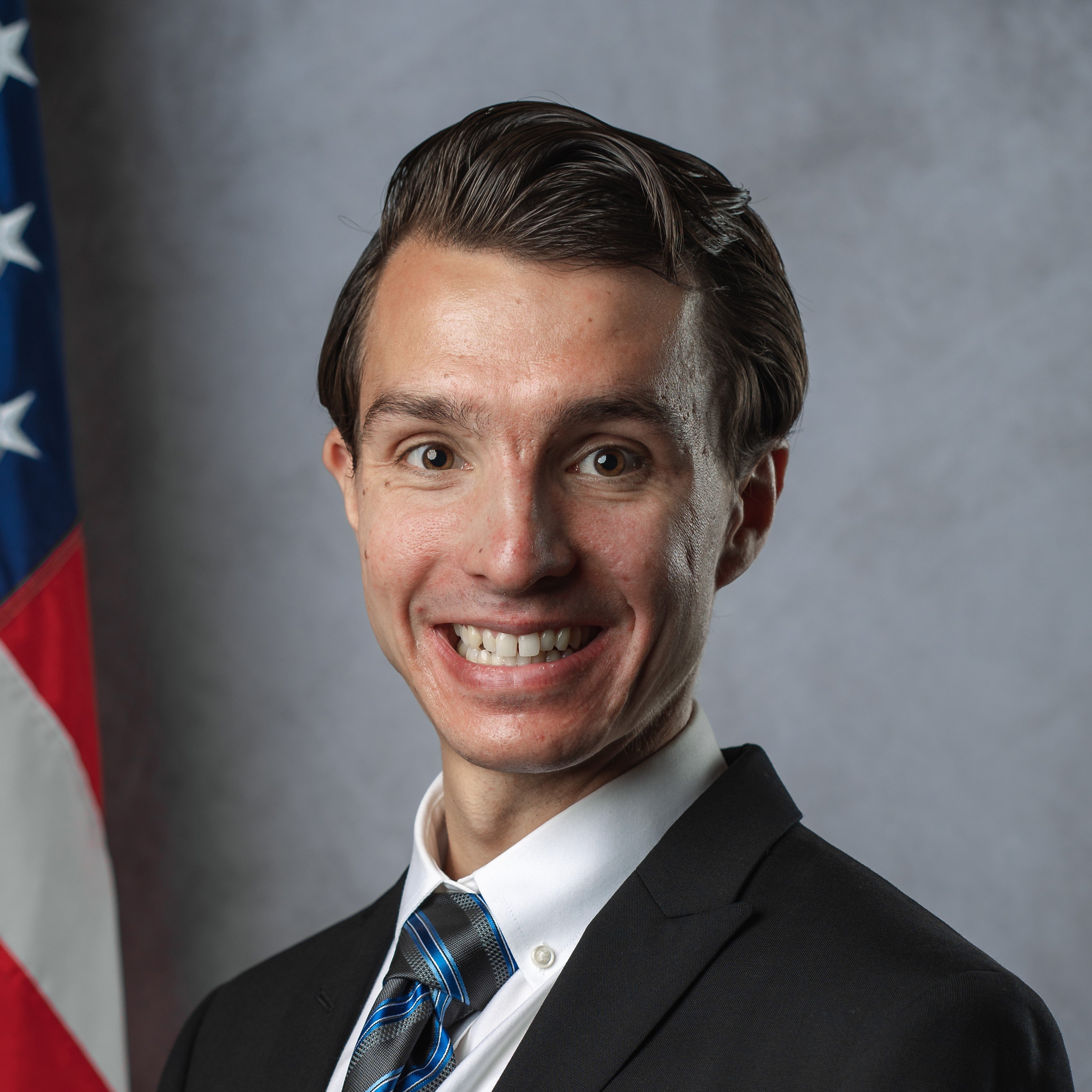
John Bender, Scott Bohon and Keith Carlson are Cybersecurity and FHIR API certification leads at ONC. They have been involved in the FHIR community for many years and are collectively responsible for the development, management and testing of ONC’s Standardized FHIR API for Patient and Population Services certification criterion. They have a wealth of experience working with and testing the SMART App Launch, Security, Bulk FHIR, US Core FHIR, and Da Vinci implementation guides.
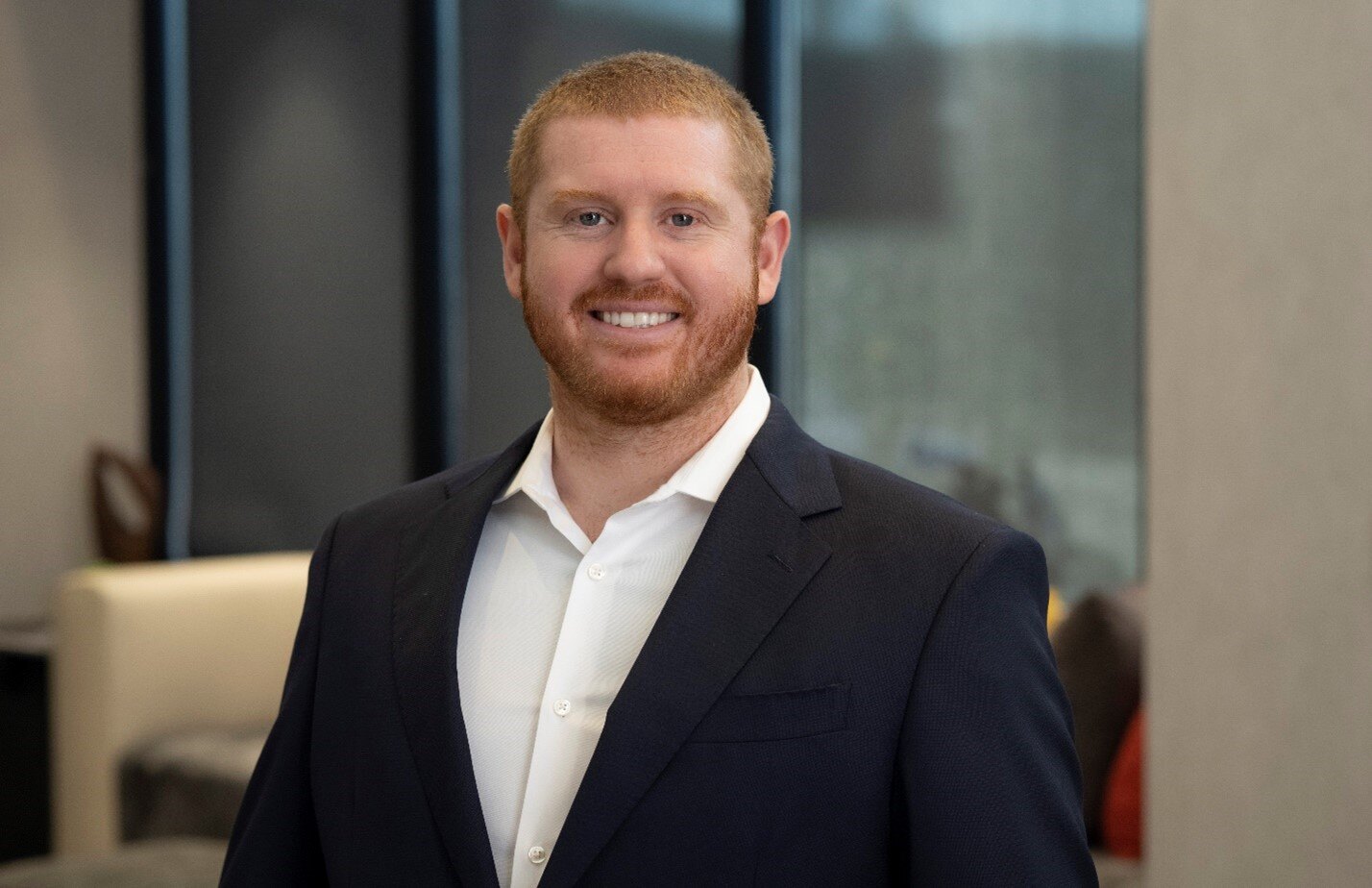
Kyle Neuman has served as Managing Director of SAFE Identity/SAFE-BioPharma Assoc, Director of Trust Framework Development at DirectTrust and CISO | VP of Strategy at Zeva inc. He currently runs a boutique management consulting firm supporting the digital identity space called NeuCastle Inc. He has either worked with, worked for, or ran nearly all of the major Trust Frameworks supporting digital identity in the US. He has held executive leadership roles in multiple organizations with a focus on digital identity, cryptography, and Trust Frameworks. As a subject matter expert in bridging the gap between business needs and applied cryptography, Kyle develops strategy, policy, and architectures for a variety of commercial, government and non-profit organizations to enable support for digital identity in a way that is scalable across the nation, trustworthy, and cost-effective.
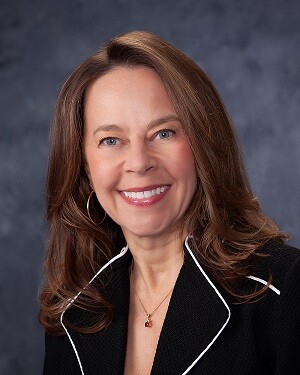
Energetic and passionate digital leader with a masterful track record in transforming organizations to drive greater business outcomes and empower people through technology.
Linda Stevenson is a Certified Healthcare CIO (CHCIO) and the Chief Information Officer at Fisher-Titus Health in Norwalk, Ohio, where she has worked to bring the organization back to its very impressive Most Wired Status. With over 35 years in healthcare, Linda has had the opportunity to impact and transform all areas of the hospital, from clinical to revenue cycle. Throughout her career, she has been a change agent at many of our Cleveland area hospitals, including The Cleveland Clinic, MetroHealth, Southwest General and most recently worked for The Oracle Health Corporation. Much of her experience was in managing major hospital initiatives which included HIPAA, Data Security and Privacy, Meaningful Use, and electronic medical record implementations, among others. Linda received her MBA from Cleveland State university, is a Project Management Professional, was nominated for the OHA Healthcare Worker of the Year award and was awarded a CHIME Healthcare CIO Bootcamp scholarship. She was also voted into Beckers top CIOs to watch.
Linda is passionate about collaboration and is involved with many to encourage improvements in healthcare across the industry. Linda is a board member for CHIME and has led the Ohio Cerner Users Group to allow sharing of information among Ohio healthcare organizations. She has also coordinated a group of Ohio CIOs to support each other as the industry brings challenges. Linda is a member of the Ohio Health Partnership (OHIP) Advisory Board, the OHIP state-wide SDOH selection committee, and former board member of the Northeast Ohio HIMSS. She participates in the KLAS Emerging Solutions Top 20 project, and several Gartner industry groups, including the Women’s Mid-Size Enterprise Group and Mid-Size Healthcare CIO group.
In her spare time, Linda is a wellness coach, master yoga teacher, Aromatherapist, Reiki Master, Cancer Exercise Specialist and a health advocate for everyone she meets.
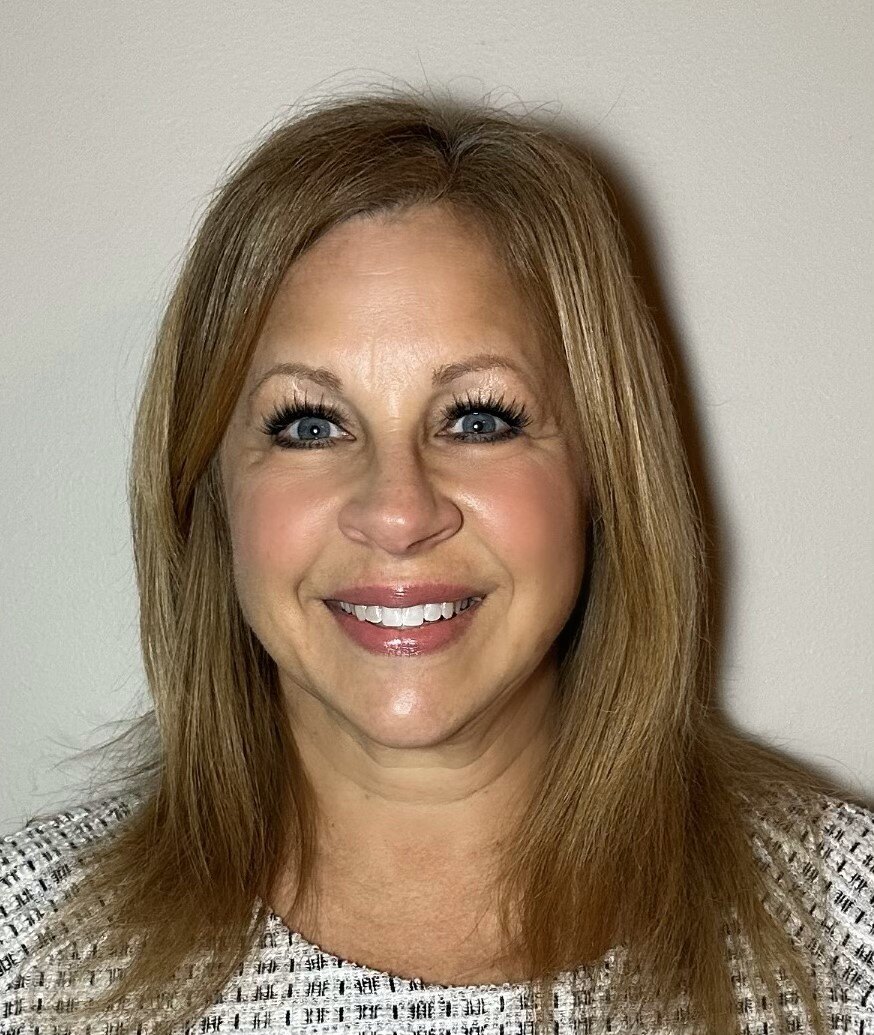
Ms. Gallagher is an Electrical Engineer and has over 35 years of professional experience in systems engineering, hardware design, and software development, and works across sectors in cybersecurity, privacy and public policy. Ms. Gallagher currently serves as National Cybersecurity Advisor for CHIME where she focuses on healthcare IT, cybersecurity content, education and guidance as well as cyber risk management and governance and cyber resilience.

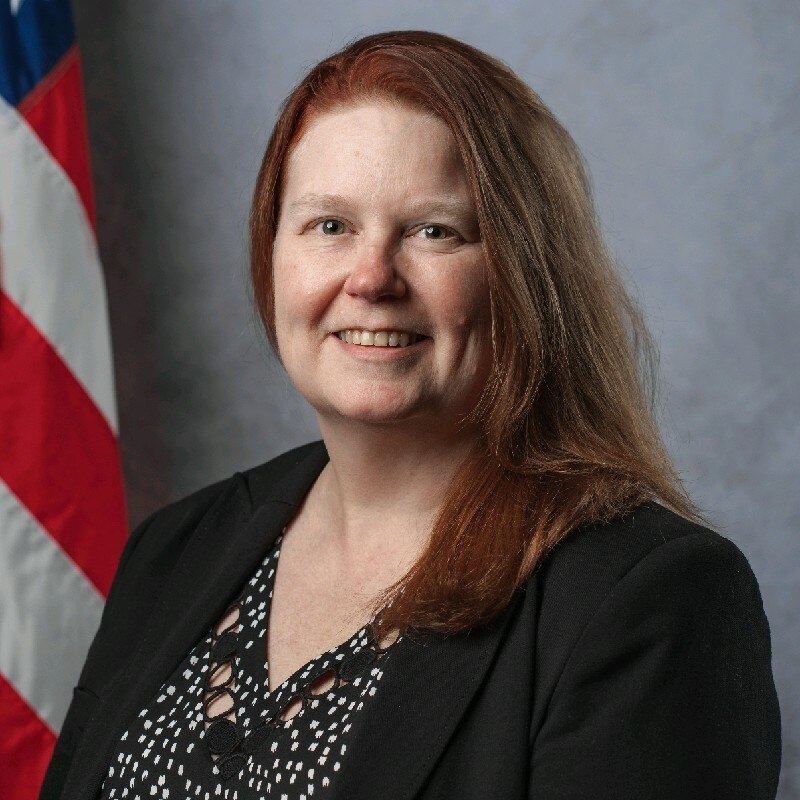
Liz Turi, M.Eng, CPHIMS (She/They) has a diverse work experience in various roles and industries. They have recently held the position of Branch Chief, Care Coordination and Collaboration Branch at the Office of the National Coordinator for Health Information Technology since March 2023. Prior to that, they worked as a Health IT Program Analyst at the same organization from May 2022 to March 2023.
Before joining the ONC, they served as an Engineering Manager at Well Health Inc., a patient engagement platform, from December 2021 to May 2022. They have also worked as a Software Engineer at Arcadia from April 2020 to December 2021.
In their earlier career, Liz worked as a Senior Consultant at the Massachusetts eHealth Collaborative from April 2016 to April 2020, where they contributed expertise in systems implementation, operation, and exchange. They also worked as a Manager of Client Implementations at True Fit Corporation from April 2015 to April 2016.
Prior to that, they held multiple roles at Orion Health from 2010 to 2015, including Senior Team Lead, Solution Architect, Manager of Client Support Services, and Implementation Consultant. Their responsibilities included line management, solution architecture, customer support, and more.
Liz started their career as a Senior Applications Engineer at Oracle from April 2006 to September 2010. They also worked as a Software Developer at SHPS from April 2004 to April 2006 and as a Core Systems Architect at American Government Services from January 2001 to April 2004.
Liz's early career also included a contractor role at Keystone Computer Solutions from September 1999 to December 2000, where they worked on various tasks including Notes administration, database review and cleanup, and ticket solution and process training.
Overall, Liz Turi has a strong background in health information technology, software engineering, project management, and client support services.
Liz Turi, M.Eng, CPHIMS (She/They) has a strong educational background in health systems engineering and anthropology. They earned their M.Eng degree in Health Systems Engineering from Lehigh University, graduating in 2021. Prior to that, Liz attended Ball State University from 1994 to 1997, where they obtained their BS degree in Anthropology. In the earlier years of their education, from 1990 to 1992, Liz studied Biology, specifically an interdisciplinary major in Biology/Geology, at the University of Southern California. Additionally, Liz has obtained certification as a Certified Professional in Healthcare Information and Management Systems (CPHIMS) from HIMSS in December 2019. They also hold a certification as a Rhapsody Associate (v4.1-5) from Orion Health, obtained in November 2012. The provided information does not indicate whether Liz completed a degree at California State University, Northridge, as no degree name is mentioned.
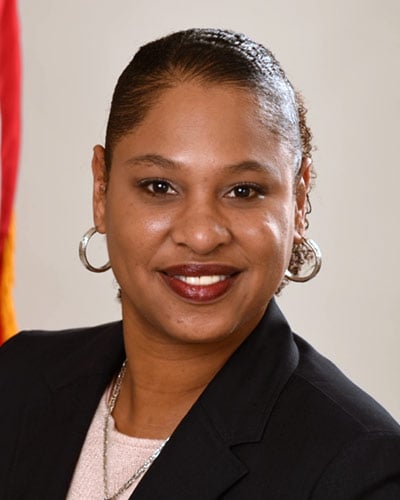
As the ONC CIO, Ms. Mikki Smith applies her cybersecurity and Health IT expertise to all of
ONC and leads the Cybersecurity and Enterprise Architecture Division. She is responsible for developing the overall vision for ONC’s enterprise wide cyber and IT roadmaps, ensuring the implementation of a true lifecycle approach, while maintaining the adaptability needed for ONC to securely meet its mission of enabling health and care through access, exchange, and use of data.
Mikki joined the joined the ONC organization in 2015, as the Security Branch Chief with Health and Human Services (HHS), Office of the National Coordinator (ONC), Office of the Chief Privacy Officer (OCPO). In that role she assists the Chief Privacy Officer (CPO) and the Security Branch develop and coordinate privacy, security, and data stewardship policy across the federal government, state and regional agencies, and foreign countries by providing subject matter expertise and technical support.
Mikki brings to ONC a wide breadth of Cybersecurity experience from multiple Federal and private sector roles spanning 15+ years of IT, Cybersecurity and Security Program acumen. She is considered an industry leader and expert in the area of information system security policies and
procedures, applications and network security architectures, DoD and Management & Budget (OMB) and Federal IA and Security requirements.
Mikki Smith has served as a Cyber Security leader for agencies such as Federal Emergency Management Agency (FEMA), Defense Health Agency (DHA) and the Department of the Interior (DOI). She has led large, complex, multi-disciplined and multi-geographical cybersecurity teams and programs within the private sector and government space.
A Certified Information Systems Security Professional (CISSP), Project Management Professional (PMP) and Certification and Accreditation Professional (CAP) she has been recognized and presented with awards for her leadership and technical expertise.

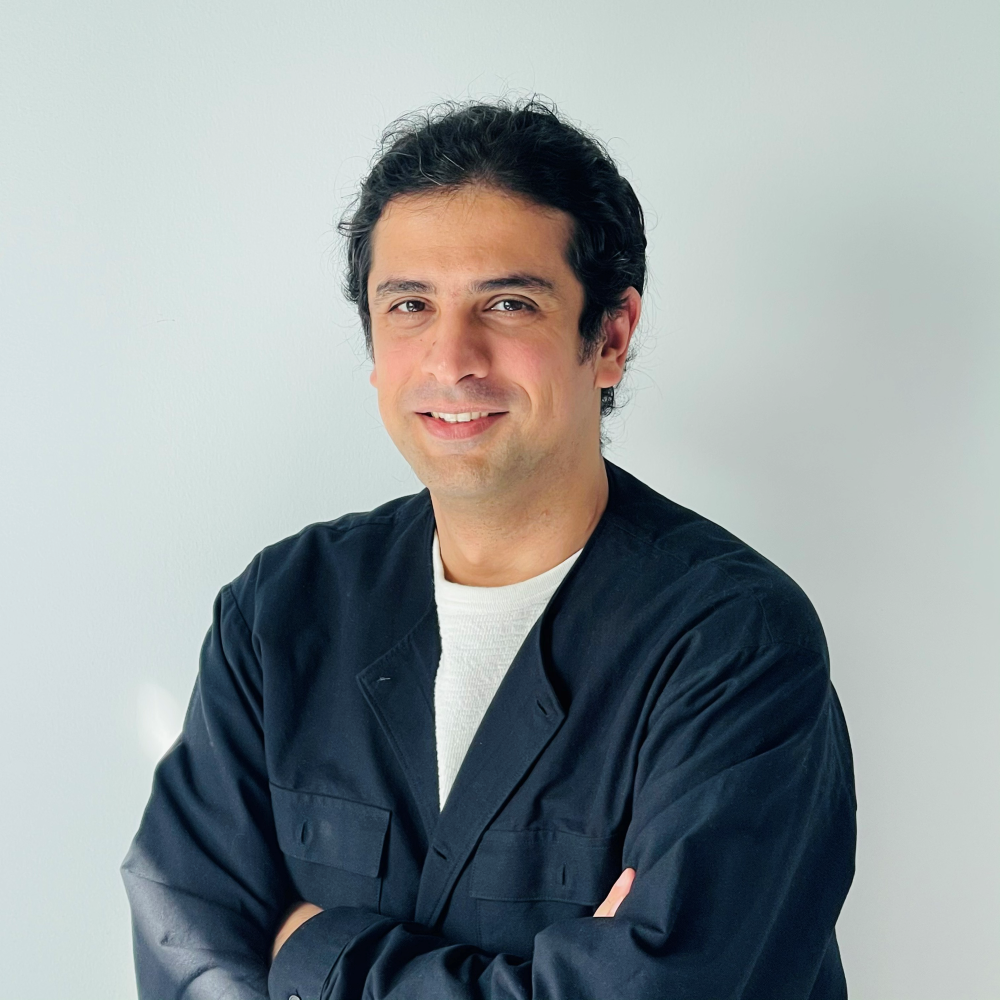
Mohammad Jafari (PhD, MBA) is an independent consultant and subject matter expert in privacy, interoperability, and integration, and an adjunct faculty at Arizona State University. He has been active in the health informatics industry and standards development community in over a decade in various roles and projects including as the Principal Investigator and Project Director of the Office of National Coordinator’s LEAP FHIR Consent project and the co-author and technical facilitator of the FHIR Data Segmentation for Privacy (DS4P) Implementation Guide. He is the co-chair of HL7 Community-Based Care and Privacy (CBCP) and Human and Social Services (HSS) working groups.

Ryan Howells is a Principal at Leavitt Partners based out of the Washington, D.C. office. Ryan has worked with the White House, Congress, HHS, and VHA on health care policy and interoperability issues. He currently helps lead the CARIN Alliance, a multi-sector, public-private alliance focused on giving consumers digital access to their health information. Ryan is a member of the CMS Medicaid Information Technology Architecture (MITA) Governance Board, Carequality Steering Committee, ONC’s FAST Identity Tiger Team, Technology Association of Georgia’s Digital Health Board, and the COVID-19 Health Care Coalition. He also serves as board observer for multiple health care companies. Before joining Leavitt Partners, Ryan was the General Manager for the government business unit of a private-exchange software vendor where he oversaw the implementation of software in three different state-based marketplaces. He managed a multi-million-dollar P&L, and was involved in the company’s IPO in late 2014. Earlier in his career, Ryan led the government operations division for iHealth Technologies (now Verscend Technologies) and served as an Account Executive for numerous regional and national health plans.
Ryan received his master’s in health administration from the University of Southern California, where he was a Dean’s Merit Scholar. He also holds a bachelor’s degree in English from Brigham Young University and is a Project Management Professional (PMP). He and his wife Alison live with their five children in Atlanta.

Scott Bohon is an Information Technology Specialist in the Tools & Testing Branch of the Office of the Assistant Secretary for Technology Policy/Office of the National Coordinator for Health Information Technology (ASTP/ONC). As part of the ASTP/ONC Tools & Testing Branch, he supports aspects of the ONC Health IT Certification Program including the Application Programming Interface (API) certification criteria, the Privacy and Security certification criteria, and their associated testing tools. His academic background is in computer engineering and cybersecurity research, including research in the security of cyber-physical systems.
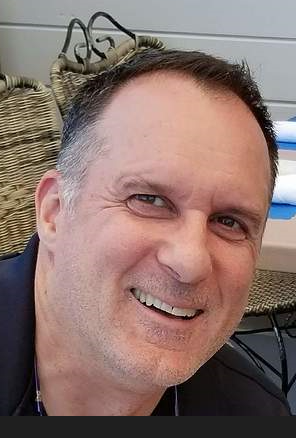
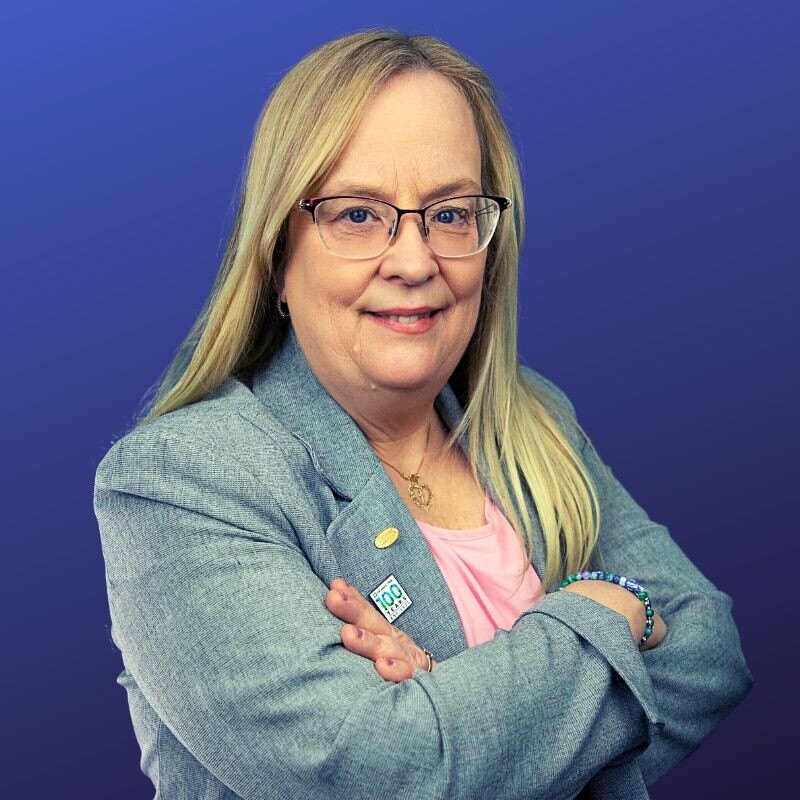
.png?width=125&height=74&name=HL7_International_tucked-inR(1).png)